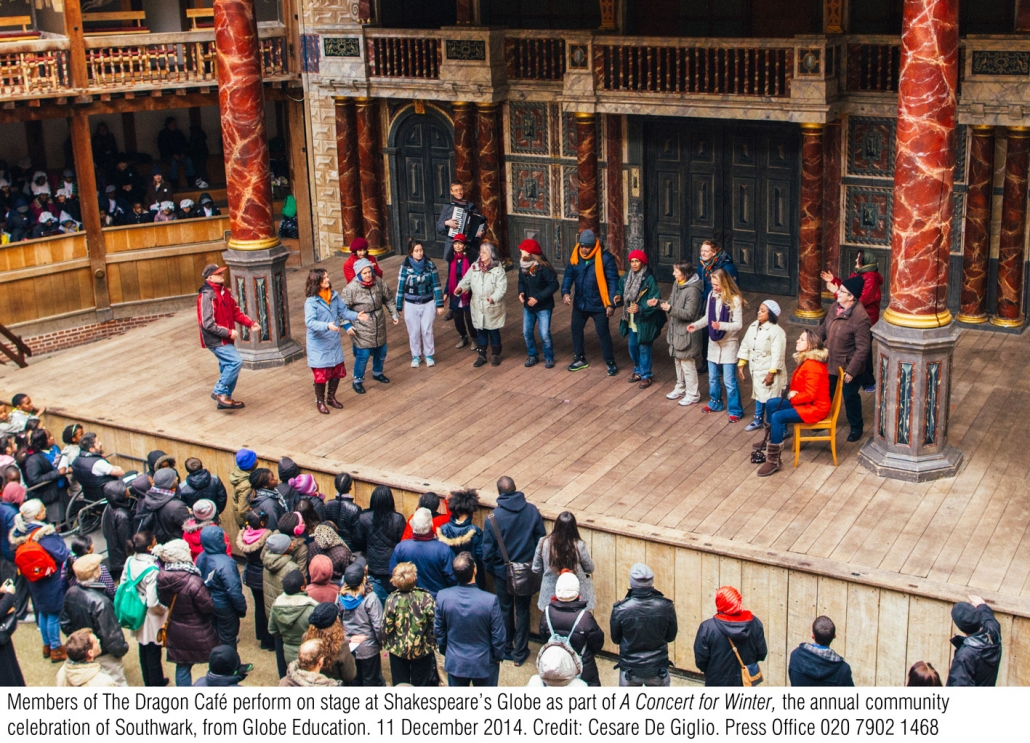New Songs From The Dragon Café
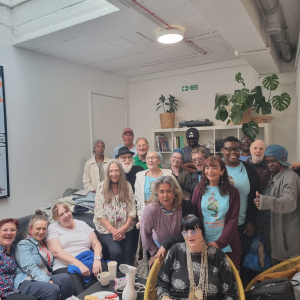
Celebrating the completion of our recording at 9M Studios
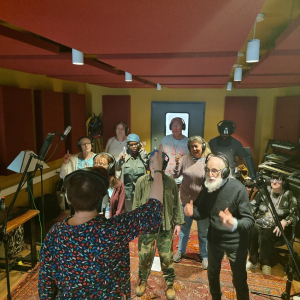
Recording our songs at the fantastic 9M Studios in Southwark
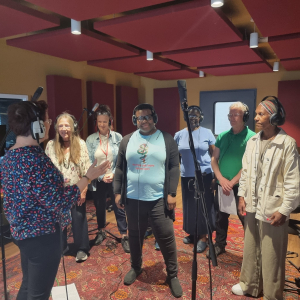
Recording our songs at the fantastic 9M Studios in Southwark
In July we released ‘In This Circle Is My Heart’, a new album of 12 songs by The Dragon Café Singers. We are incredibly proud of these original songs which we have written collaboratively between 2016 and 2025. The album can be accessed via the link below, where you can listen on your chosen platform. I am the singing leader of The Dragon Café. This creative, community space offers free wellbeing and arts activities for people to connect, relax, and explore creative expression. It is a project of the charity Mental Fight Club which is based in the borough of Southwark, South London. Activities are free and open to all, you can find out what’s on via this link – https://www.mentalfightclub.art/whats-on
We are performing The Ballad of The Dragon Café as part of a concert in The Bloomsbury Festival at 7:30pm on Thursday 16th October at Conway Hall, Red Lion Square, WC1R 4RL. Click the link below for more information!
https://bloomsburyfestival.org.uk/events/songs-and-ballads/
https://www.youtube.com/@VivienEllisSinger
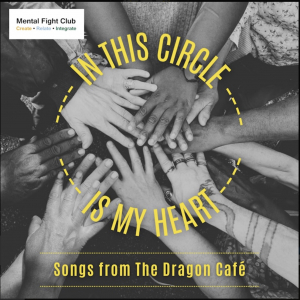
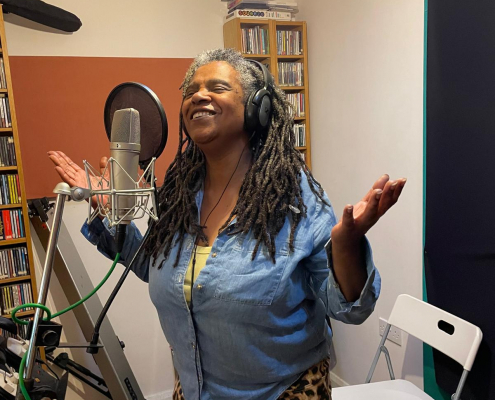
Helen McDonald recording her vocals for Roots.
Roots
Roots, what do they carry?
Roots, how do they grow?
Roots can tell our story;
How deep do they go?
We wrote this song for ‘Concert For Winter’ at The Globe Theatre, December 2019. This was a
wonderful celebration of the communities of Southwark, taking place annually on the main stage
of The Globe up to 2019. That year the theme was ‘roots’. We thought about where our roots
are, where we feel ‘rooted’ and where we belong. Daniel O’Byrne, a wonderful song-maker and
patron of the Dragon Cafe, helped to shape the song. Helen McDonald (Future Groove) is our
fabulous soloist.
Here and Now
Here and now we love to sing,
Here and now the time to bring,
All our joy and all our sadness,
Sing our hope and sing our gladness
We wrote this Latin-inspired song in 2022 to celebrate the 10th anniversary of the Dragon Cafe.
It is inspired by our fantastic dance leaders Ariella and Renzo, who created the dance that
accompanies it.
Southwark Rebel Women
We’re Southwark Rebel Women,
Women on a mission,
To change the world we live in
Here and now.
This song was written and recorded virtually during Covid 19 lockdowns in 2021. It celebrates
six amazing women who lived and worked in Southwark, and made a difference. They are: Mary
Wollstonecraft, eighteenth century advocate of women’s rights; Octavia Hill, social reformer and
co-founder of the National Trust; Ada Salter, social reformer and first woman mayor in London;
Evelyn Sharp, key figure in the suffrage movement, pioneering journalist, and writer of ‘Rebel
Women’, a book suffragettes profiles; Una Marson, Jamaican feminist, activist, writer, and first
Black woman producer and presenter on BBC radio during WW2; Sarah Wheeler, mental health
rights activist and founder of the Mental Fight Club charity and The Dragon Cafe.
The soloists are Clemmie Franks and Victoria Couper (voice trio), Sally Davies (choir director,
composer, performer), Vivien Ellis, Gina Foster (Swing Out Sister). Dragon Cafe patron Caroline
Moore sings the tribute to unrecorded voices.
Ballad of The Dragon Café
Oh, oh, Dragon Café,
Bring all that’s in your soul;
Oh, oh, Dragon Café,
How we love you so
Part of a trilogy of songs to celebrate the 10th anniversary of the Dragon Cafe, we wrote this in
2024. It’s inspired by the traditional narrative ballad form, especially a ballad called ‘Little
Musgrove’, and tells the history of the Dragon Cafe. We got inspired and wrote a total of 100
verses, which we distilled into this song. Cafe patrons Sionie and Daniel helped with the writing.
Drive the Cold Winter Away
When sun is low down
In cold London Town
Well into the season of flu
If life is a chore,
The love from cook’s store
Is a feast made for me and for you
There’s hot veggie food
To lighten your mood
All day at the Dragon Cafe
So sit and be still
When you’ve had your fill
To drive the cold winter away, away
To drive the cold winter away, away
To drive the cold winter away
Fans of early music may recognise the tune, which is adapted from an English Christmas Carol
of Elizabethan origin, called All Hail To The Days, also known as Drive The Cold Winter Away.
We wrote this for The Globe Concert for Winter in 2017.
Music to Hear (Shakespeare’s Sonnet 8)
Music to hear, why hear’st thou music sadly?
Sweets with sweets war not, joy delights in joy.
In September 2018 we were invited by The Globe Theatre to take part in Sonnet Sunday, a
performance of all 154 of Shakespeare’s sonnets in one day. We created a musical setting for Sonnet 8,
which is full of musical imagery.
When Icicles Hang By The Wall (Shakespeare)
When icicles hang by the wall
And Dick the shepherd blows his nail,
And Tom bears logs into the hall
And milk comes frozen home in pail.
When flights are booked to somewhere hot
And homeless Ness is sleeping rough,
And shop online, last-minute dot.
And foodbank gifts may be enough.
This was written and performed for Concert for Winter at The Globe in 2016. The lyrics are from
a song quoted in Shakespeare’s Love’s Labours Lost, describing winter in the seventeenth
century, in the days when winters were so cold that the Thames froze over. We extend the idea
to describe the challenges we experience during London winters in the 21st century.
Finding Our Way
We’re finding our way now
With each step finding our way
We’re walking together
Finding our way, finding our way
Finding our way, finding our way
This is the first song where we wrote the lyrics and music collaboratively, with cafe patron Daniel
O’Byrne. We performed it in 2016 at The Globe Theatre Concert for Winter. We were interested
in the stories that resonate deeply with us, and focussed on “Alice in Wonderland’ and
‘Cinderella’.
These Things
We got together, a crowd of us,
We caught a moment in time,
We heard each other, We spoke our truth,
We shared some treasure from our lives.
A song celebrating the things that are important to us,
Birds of a Feather (not the Billie Eilish one!)
So in all our transactions let this be the plan
For the wealth of each other as well as we can,
Do your duty, love mercy,
We’ll unite together,
And we’ll travel thro’ life
like the birds of a feather.
The words for this song are adapted from a broadside ballad printed in Union Street Borough in
the 1800’s. We wrote the tune.
Friendship Celebration
You are my all-weather friend
You help me be brave
You were there when my cancer took hold
I didn’t expect all you gave me
For this is our friendship celebration
Friendship celebration, friendship celebration
All is well
All will be well
All will be well right now
It’s in the title. And we’re taking words of wisdom from Julian of Norwich, whose writings are the
earliest surviving English language works by a woman.
At The Dragon Cafe
Written and performed by Daniel O’Byrne.

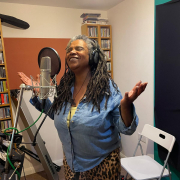




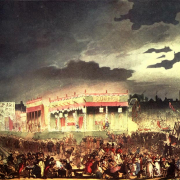
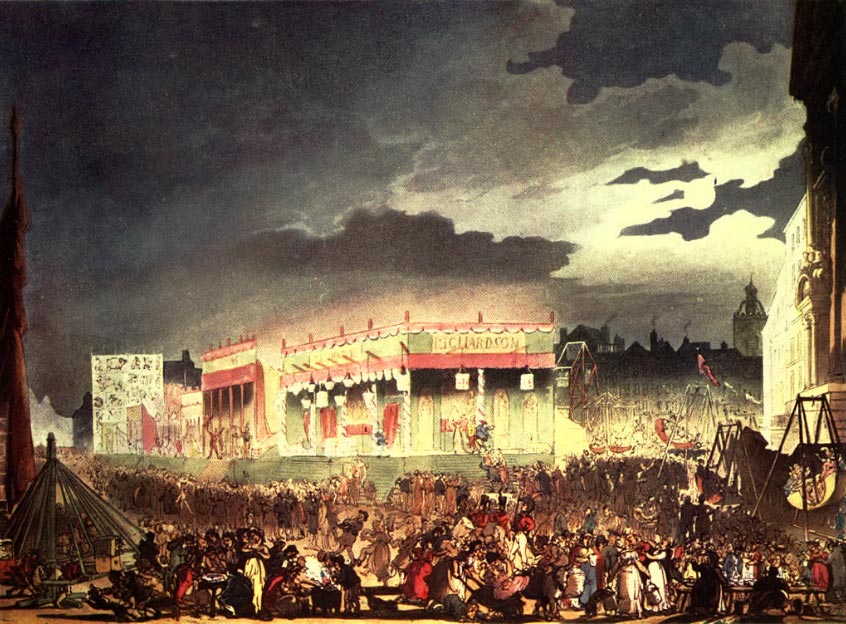
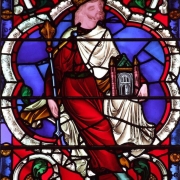
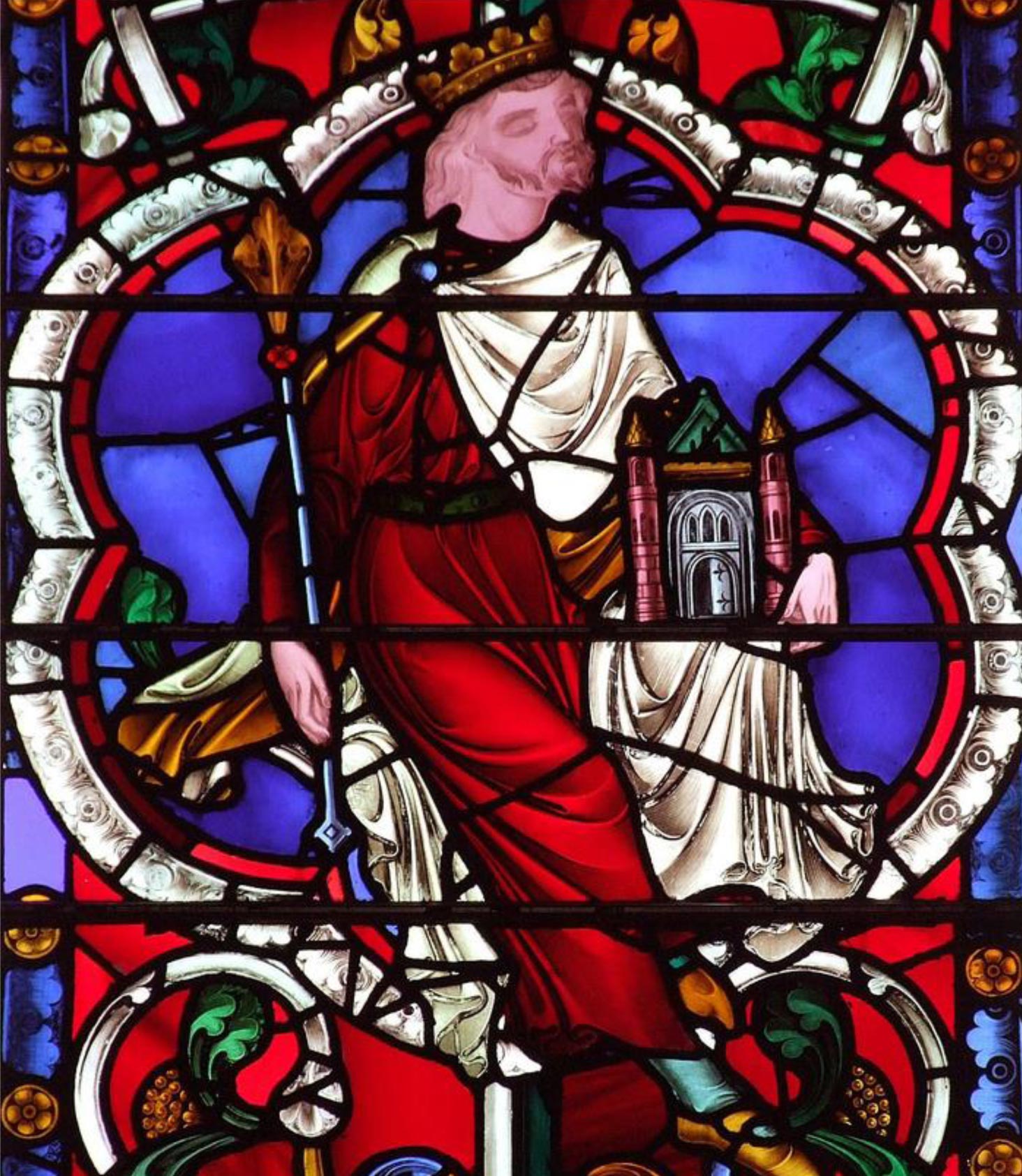


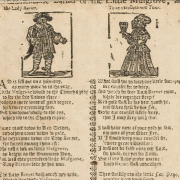


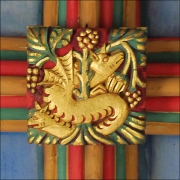

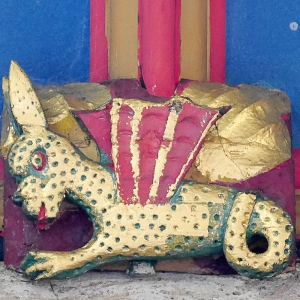
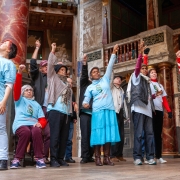
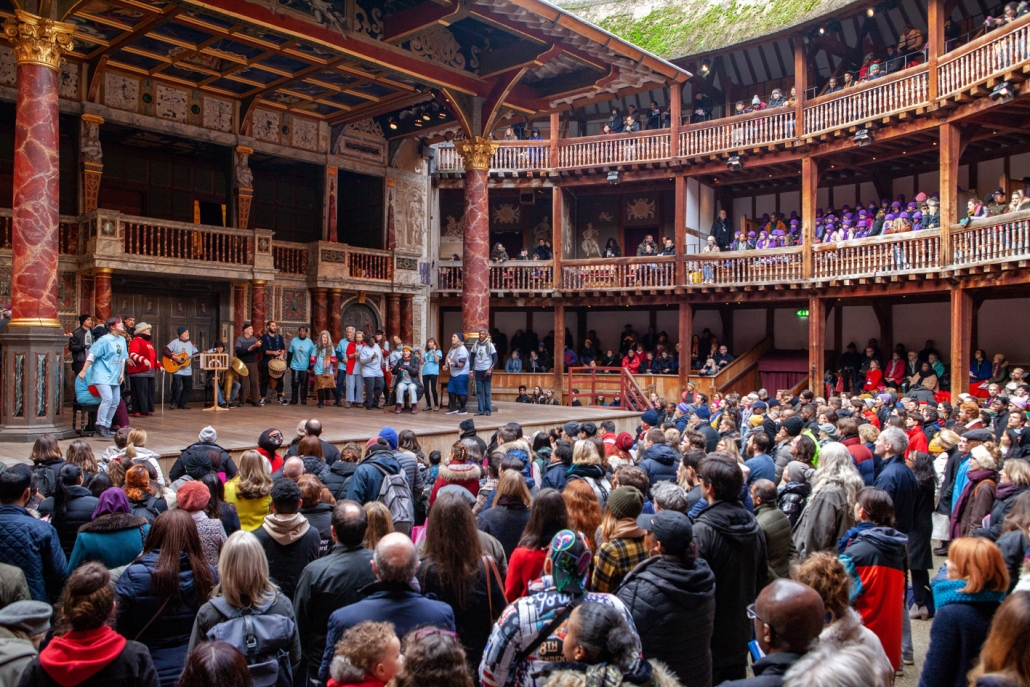 The theme of the concert was Roots. We wrote a new song, and we’re recording it soon.
The theme of the concert was Roots. We wrote a new song, and we’re recording it soon.